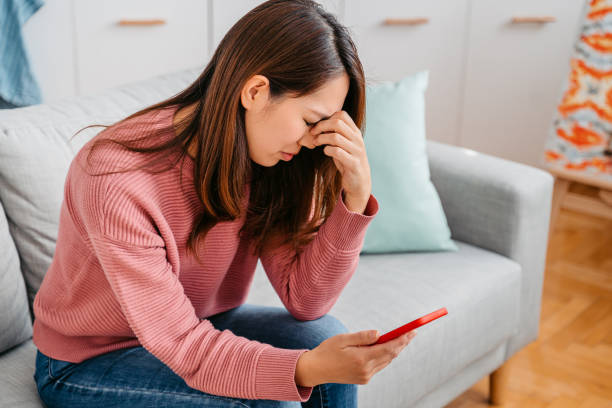The accessibility of information on social media can make it tempting to self-diagnose. People often seek explanations for their feelings and behaviors, and relatable content can provide a sense of validation and community. Influencers and content creators, sharing their own mental health journeys, can inspire others to seek help. However, this well-intentioned sharing can also lead to adverse outcomes.
- Misdiagnosis and Misinformation:
Self-diagnosis based on social media content can lead to incorrect conclusions. Psychological disorders are complex and require a thorough evaluation by trained professionals. Symptoms of different disorders can overlap, making it challenging to identify the correct diagnosis without professional help. Relying on unverified online information increases the risk of misdiagnosis, which can exacerbate existing issues or create new ones.
2. Inadequate Treatment:
Proper diagnosis is the first step towards effective treatment. Self-diagnosis might lead individuals to seek inappropriate or inadequate treatments. For instance, someone might start taking supplements or following advice that is not suitable for their condition. This can delay proper treatment and potentially worsen the condition.
3. Increased Anxiety:
Reading about psychological disorders and their symptoms on social media can lead to increased anxiety and stress. People might start to believe they have a disorder based on vague or general symptoms, leading to unnecessary worry. This phenomenon, often referred to as "cyberchondria," can be harmful to one's mental health.
4. Overgeneralization:
Social media content often oversimplifies complex issues. Mental health conditions are not one-size-fits-all, and personal experiences can vary widely. What works for one person might not work for another. Self-diagnosis based on generalized content can overlook the nuances of individual experiences and needs.
5. Stigma and Isolation:
While social media has played a role in reducing the stigma around mental health, self-diagnosing and labeling oneself with a disorder can sometimes reinforce negative stereotypes. It can also lead to feelings of isolation if individuals do not feel understood or supported in their offline lives.
Clinical psychologists possess the expertise to conduct comprehensive evaluations, accurately diagnose disorders, and develop tailored treatment plans. Consulting a professional ensures individuals receive precise diagnoses and appropriate therapeutic interventions.

- Seek Professional Advice:
If you suspect you have a psychological disorder, the best course of action is to consult a licensed psychologist. They can provide an accurate diagnosis and recommend effective treatment options. - Use Social Media Wisely:
While social media can be a source of support and information, it should not replace professional advice. Use it as a supplementary tool rather than a primary source of diagnosis. - Educate Yourself:
Empower yourself with knowledge from credible sources. Websites of recognized mental health organizations, academic publications, and books by experts can provide reliable information. - Support Others Responsibly:
If you are sharing your own mental health journey on social media, emphasize the importance of seeking professional help. Encourage followers to view social media as a starting point for discussion rather than a diagnostic tool.
The rise of social media has undeniably transformed the way we talk about mental health, offering both benefits and challenges. While it is heartening to see more open conversations about psychological disorders, it is crucial to recognize the limitations of self-diagnosing based on social media content. By prioritizing professional guidance and using social media responsibly, individuals can navigate mental health challenges with clarity and care in an increasingly interconnected world.
https://www.hopkinsmedicine.org/news/articles/2023/08/social-media-and-self-diagnosis
https://www.wtcsb.org/the-problem-with-the-social-media-self-diagnosis-trend/
.png)